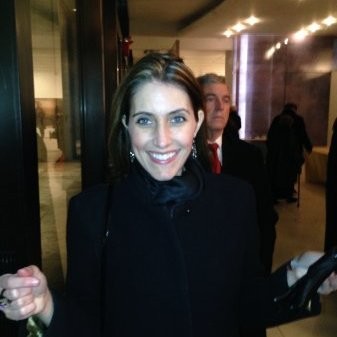In 2009’s Strategy for Sustainability, Adam Werbach promoted what he called the TEN cycle (transparency, employee engagement and outside networking) as an avenue by which corporations could implement sustainability into their operations and succeed at reaching their North Star Goal. The North Star was a broad reaching, time sensitive and value-centered goal. It aligned the organization with a purpose larger than itself and was designed so that all employees and stakeholders would be engaged. The TEN cycle steps were the bricks in the path to attainment of the North Star and greater corporate sustainability.
But, let’s consider the first element, transparency, for a moment. Can an organization be too transparent? (Yes) Does transparency lead to tacit collusion? (Sometimes) And to the most difficult questions: for sustainability-centered organizations, is sustainability itself a source of competitive advantage? If a company builds a more environmentally friendly product, service or mousetrap should that be a point of product differentiation? Or should the company be fully transparent, open the doors wide and share best practices to encourage copycatting and replication? For the betterment of society?
It is easy enough to say that Coke giving away the recipe to its secret formula is too much information, but if they have a way to reduce water use in soda manufacturing by 65% (hypothetical) should they give Pepsi a call since we are all in this water crisis together? What about the recipe for their new plant bottle?
I am not picking on Coke. I am familiar with their significant efforts to lessen their environmental impacts and conserve water and I know that one of their primary motivators is to encourage copycatting of their sustainability practices. They want others in their industry (and other industries) to follow suit. Why? Because they know that water risk, enhanced by global warming, population booms and other factors is a great risk to their business and they are doing what they can to mitigate that threat. I use them as an example of a large TNC moving in the right direction and encouraging others to adopt more sustainable habits.
But what about others? Companies that were founded with social responsibility as part and parcel of their mission? Patagonia? Banco Real? How do they maintain the competitive advantage (and loyal customer base) that their socially responsible focus has provided while simultaneously sharing best practices to encourage broader adoption for societal good?
I have spent the last few weeks thinking on these questions and I am certain of only one thing: the answer will depend on who you ask. My sense is that no matter the risk to the organization, best practices in sustainability should be disclosed and copied broadly. Our shared environmental and social problems are too urgent for competitive advantage to be a consideration. Sustainability, in my estimation, should not be a point of product differentiation for one business. This is bigger than one company, one industry.
Perhaps my stance is too simple? I recognize there is room for debate so I pose these questions here, to our TriplePundit readers, inviting your dialogue and participation. What say you? Is there a right answer?

Leslie is a Sustainable MBA student at Green Mountain College. Study interests include sustainability, social responsibility and the power of corporate and non-profit partnerships to bring about positive change. Other areas of interest include social media, fundraising and public policy. She holds a Certificate in Nonprofit Management and is certified in the Global Reporting initiative for Sustainability Reporting. Additionally, she holds an MA in Organizational Management and a BS in Leisure Management. On the rare occasions when she is not studying, she enjoys writing, reading, running, nature walks and yoga. She hopes to use her skills, talents and education to make a positive impact with an environmentally and socially conscious organization. Feel free to connect with her on LinkedIn.














